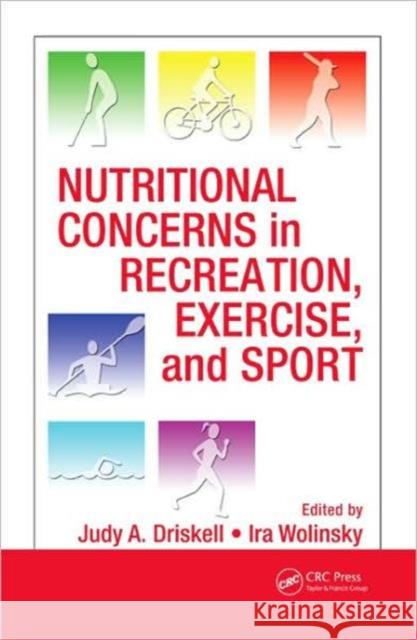Nutritional Concerns in Recreation, Exercise, and Sport » książka
Nutritional Concerns in Recreation, Exercise, and Sport
ISBN-13: 9781420068153 / Angielski / Twarda / 2009 / 368 str.
Nutritional Concerns in Recreation, Exercise, and Sport
ISBN-13: 9781420068153 / Angielski / Twarda / 2009 / 368 str.
(netto: 884,45 VAT: 5%)
Najniższa cena z 30 dni: 856,36
ok. 16-18 dni roboczych.
Darmowa dostawa!
Athletes, coaches, and recreationalists are continually seeking ways to maximize their competitive efforts in both exercise and sport, and from 5km runners to Olympians, most athletes recognize that good nutrition is as crucial to success as ongoing practice and regular exercise. Written and edited by top-notch nutrition and exercise authorities, Nutritional Concerns in Recreation, Exercise, and Sport comprehensively covers the major nutritional concerns related to physical activity and the serious recreationalist and athlete, focusing on core questions in the growing field of sports nutrition. This valuable resource discusses the central roles macronutrients (carbohydrates, fats, proteins, and water) and micronutrients (vitamins and minerals) play in healthy nutrition. It includes practical considerations related to hydration, body weight, and the use of nutritional supplements as ergogenic aids. It also discusses the various athletic concerns athletes will likely face during different life stages, such as the young athlete, the pregnant athlete, and the aging athlete. Concise and extensively referenced, Nutritional Concerns in Recreation, Exercise, and Sport provides the knowledge base athletes need to make well-informed dietary decisions, optimize overall health, and achieve personal performance success.
Concise, current, well-referenced, this addresses address the major nutritional concerns of athletes and serious recreationalists. It contains a blend of basic and applied chapters that provide recommendations to increase endurance and enhance performance. Topics include information on energy requirements; central roles of both macronutrients and micronutrients; hydration; weight control; dietary supplements as ergogenic aids; and life cycle concerns. Each chapter summarizes nutritional recommendations, emphasizing practical recommendations. The book provides information on nutrient requirements based on age and level of energy expenditure, allowing for the creation of tailored nutrition plans.











